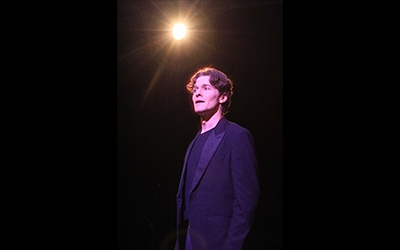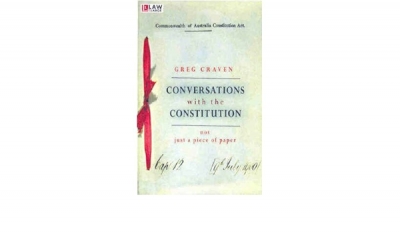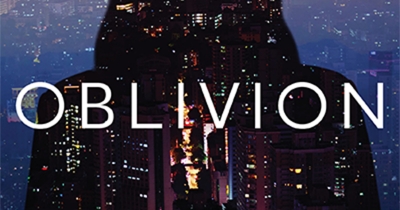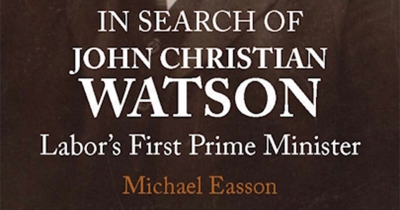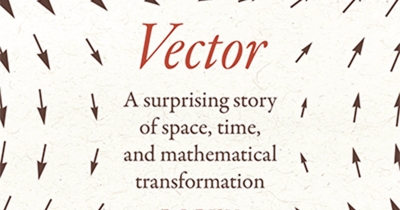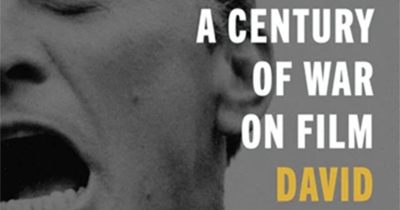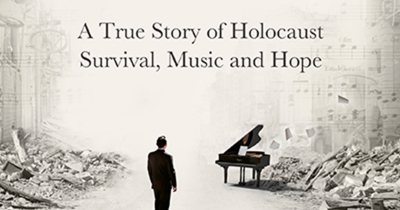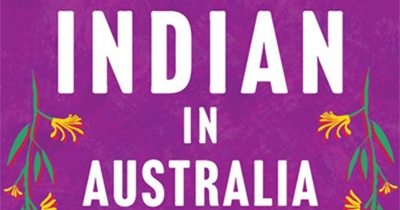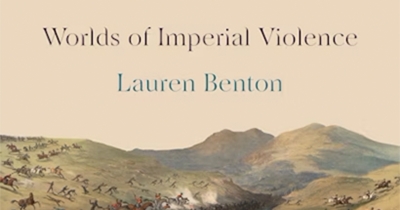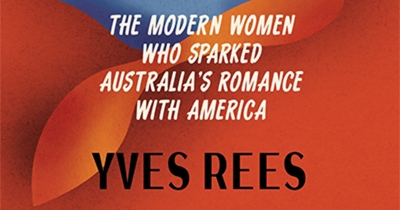Review
Watching the denouement of Melbourne Shakespeare Company’s Hamlet, I was reminded of David Edgar’s 1980 stage adaptation of Charles Dickens’s The Life and Adventures of Nicholas Nickleby. Ensconced within the travelling theatrical company of Mr Vincent Crummles, Nicholas and his hapless companion Smike are cast in a production of Romeo and Juliet, Smike as the apothecary and Nicholas (of course) as Romeo.
... (read more)Conversations With The Constitution: Not Just A Piece Of Paper by Greg Craven
by James Upcher •
In Search of John Christian Watson: Labor’s first prime minister by Michael Easson
by Lyndon Megarrity •
Vector: A surprising story of space, time, and mathematical transformation by Robyn Arianrhod
by Michael Lucy •
The Fatal Alliance: A century of war on film by David Thomson
by Kevin Foster •
They Called It Peace: Worlds of imperial violence by Lauren Benton
by Jeremy Martens •

